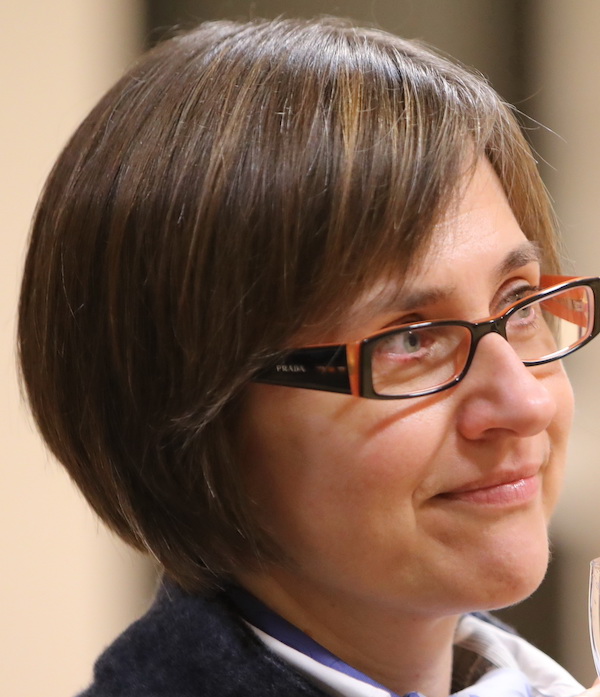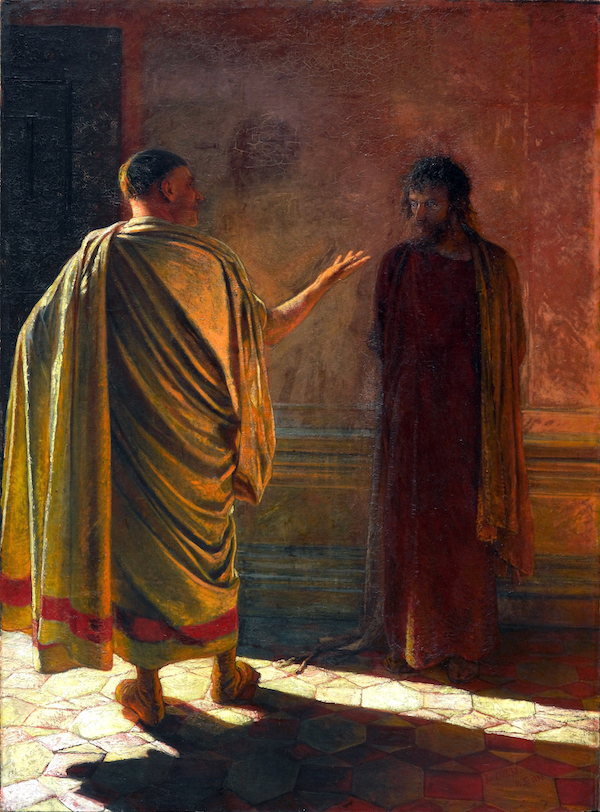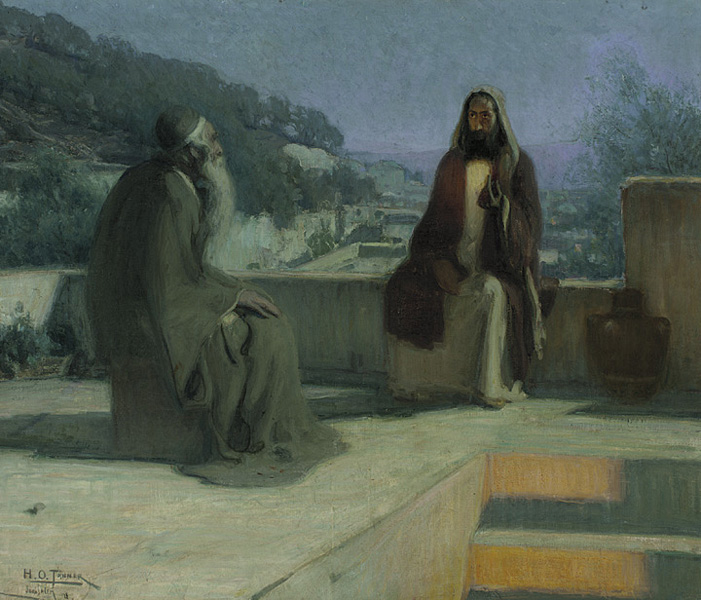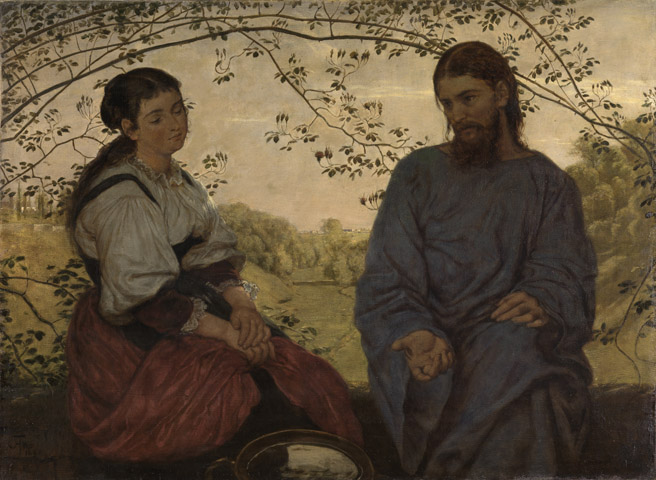
Dr Anna Abram is Principal of the Margaret Beaufort Institute of Theology, Cambridge, UK. Her academic field is Christian ethics.
TRUTH
We are familiar with the question “What is truth?” asked by Pilate during Jesus’ trial. This question is also key to the Socratic method of engagement with ideas. When philosophers speak of truth they see it as a variety of things including knowledge or self-knowledge or the knowledge of facts, or as logical, systematic, moral, semantic, scientific truth, or truth of being (ontological truth), or as acts of speech corresponding to realities, or the virtue of truthfulness.
Without a doubt, truth is one of the hardest ideas to define, harder than peace or justice. Its genealogy is difficult to trace. For example, philosophers Bernard Williams in his Truth and Truthfulness: An Essay in Genealogy (Princeton and Oxford: Princeton University Press, 2003) and Wolfgang Künne in his Conceptions of Truth (Oxford: Clarendon Press, 2003) offer different accounts of how our thinking about truth has evolved. Still, neither Williams nor Künne answers the question of what truth is. Williams believes in the idea of everyday truth. His concept of truth is “everyone’s concept of truth.” He encourages his readers to recognise that truthfulness is necessary for successful human interactions. For him, human beings cannot live without truth because truthfulness together with trust are cornerstones of cooperation and living together. Even in a basic society “sharing a common language, with no elaborate technology and no form of writing” there are some recognisable truths such as “Watch out! Here comes a bear” (Williams, 41).

According to Williams, there are two virtues of truthfulness: accuracy and sincerity. Accuracy has something to do with investigation and deliberation before assenting to a belief; sincerity is about being genuine in expressing to others what one in fact believes. Williams says that “in relying on what someone said, one inevitably relies on more than what he said” (Williams, 100). Sincerity is closely connected with authenticity which is about beliefs that one is committed to “holding true in the context of his deliberation” (Williams, 196). Williams believes that if we lose truth, we lose everything. For him, valuing the truth requires “training.” He doesn’t tell us what kind of “training” he has in mind. However, his description of the value of truth gives us some hints of what it might involve. For him, activities associated with truth are: finding out about the truth, holding on to it, and telling it – particularly to oneself.
Thomas Aquinas has a lot to say about these activities. Aquinas believes that human beings can find out true propositions (basic truths) thanks to our natural disposition or a gift of reason. Natural disposition requires practice and learning so that we can distinguish between truth and falsehood. Aquinas recognises that falsehoods (lies or in today’s language “fake news” or mis-/disinformation) are tricky as they have appearances of truth; therefore it is not always easy to separate what is true and what is false, especially if untruths are used for the “good cause.”

JUST LIE
Is it right to tell a lie for a good cause? Maureen Ramsay in her co-authored book, The Politics of Lying: Implications for Democracy (New York: St Martin’s Press, 2000) suggests that at times when national security is concerned lies and deceit are permissible. She recognises that there are legitimate and illegitimate uses of a falsehood in the same way that there are legitimate and illegitimate uses of force when it comes to conflicts between nations. She uses the just war criteria to examine the ethics of lying. On the first criterion of just cause, the justice of a lie would depend on the cause for which it is undertaken. One would need to know whether there were other means available to achieve the just end; whether the harm caused by the lie is outweighed by the good achieved; and whether there is a reasonable chance of success in achieving the end through these means. Moreover, the means would have to be justified, not only because politicians would be acting in our name and in our interests, but because the public would have to consent to the deception in advance, in order to comply with democratic principles.
Journalists who follow courses on ethics as part of their training are probably familiar with the “just lie” theory. One of the problems with this theory is the potential legitimisation of the culture of deception. We see the consequences of this in contemporary Russia, especially with regards to the invasion of Ukraine. Ramsay herself acknowledges that “even if secrecy and deception could be justified to protect a vital interest, the costs in terms of the toll they take on democratic principles alone could be said to outweigh their benefits” (Ramsay, 35). Deception and lies are not only problematic because of their detrimental impact on democracy, they affect relationships and personal communication. Aquinas again has something to say about this.
TRUTHFULNESS AS A VIRTUE
In article 1 of the 109th Question in Summa Theologiae (London, New York: New Blackfriars, 1963), Aquinas speaks of truth as a virtue; he is concerned with a moral skill or a habit by which a person makes speech truthful. Making speech truthful is at the heart of Aquinas’s understanding of the purpose of communication. He believes that without the communication of truths there can be no society at all, there would be no shared plans, no common way of acting, no mutual pursuit of goods. In the absence of a willingness to communicate truths honestly and accurately, or in the absence of trust that others will participate in the ordered communication of truths, there can be no stable society.
It is worth noting that Aquinas’s virtue of truth is connected to the virtue of justice. Aquinas also speaks about “communication of oneself,” “that truth [pertains to this virtue] whereby a man, both in life and in speech, shows himself to be such as he is, and the things that concern him, not other, and neither greater nor less, than they are” (ST II–II, q. 109, a. 3, ad. 3).
There are many similarities between Aquinas’s and Williams’ approaches to truth. Both emphasise truthfulness and trust as conditions of living in society. They see sincerity (Williams) or simplicity rather than duplicity (Aquinas) as necessary for truthful communication of the “self.” In other words, truthfulness is essential for social well-being, and this is provided by people whose words align with their beliefs rather than “showing one thing outwardly while having another in the heart.” To put it simply, telling lies, promoting falsehoods and living a lie are neither good for the individual nor the society.

CONCLUSION
It is not surprising that in a culture that does not value accuracy and does not consider duplicity as a problem, fake news thrives. Neither Williams’ nor Aquinas’s notion of genuine communication belong to the contemporary paradigm of misinformation or manipulation of truth. These thinkers provide us with a warning that if such a paradigm is predominant, goods of society are hard to preserve. Social relations are bound to be damaged. How to find oneself in the environment in which truth is not valued or is dismissed as a category?
Pope Francis in his message titled “The Truth will set you free (John 8:32): Fake News and Journalism for Peace” (24 January 2018, Communication Sunday) suggests that the antidote to the “virus of falsehood” is “purification by the truth.” He says “we need to discern everything that encourages communion and promotes goodness from whatever instead tends to isolate, divide, and oppose.” So, building bridges, resisting division and opposing fragmentation seem to be key conditions for dealing with falsehoods. For Francis, journalists have a unique mission in this project.
The current war in Ukraine brings to light the consequences of taking this mission seriously as we witness the sacrifices of many journalists for the sake of truth. The same war also shows the damage done by the culture of fake news and manipulation of truth. We must not underestimate the power of propaganda. There is no easy way of protecting ourselves from false ideology and knowing that we are living in truth. For Christians, the clue is the person of Jesus Christ, his life, character, death, salvific action on behalf of all, and resurrection. For journalists and their readers and listeners, Christian or not, the desire not to be fooled is still strongly present. Truth still does matter.

The Kirby Laing Centre for Public Theology in Cambridge. Charity registered in England and Wales. Charity Number: 1191741
Kirby Laing Centre, The New Mill House, Unit 1, Chesterton Mill, French’s Road, Cambridge, CB4 3NP
© 2022 The Kirby Laing Centre for Public Theology in Cambridge